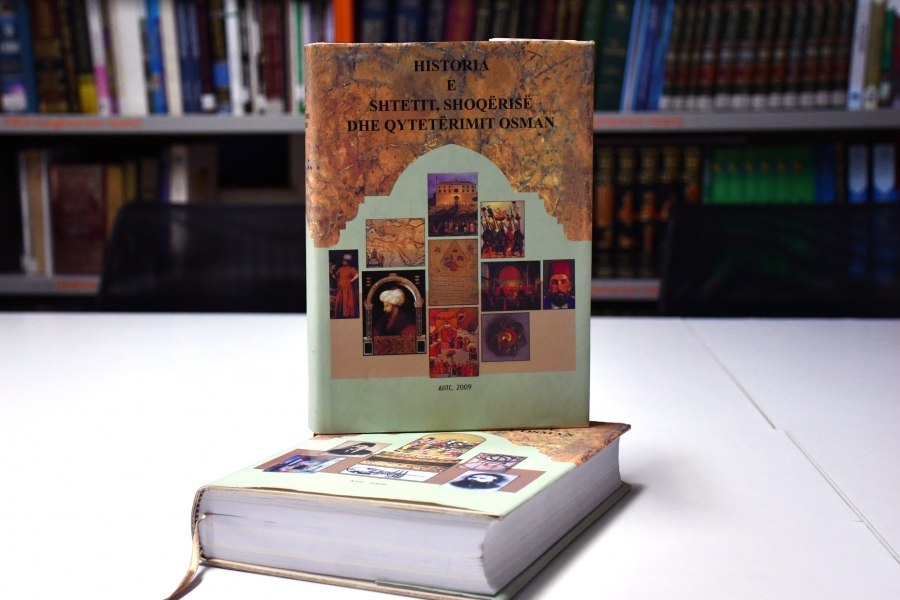The Ottoman Empire was founded at the end of the 13th century, in northwestern Asia Minor, and reached its peak during the sixteenth and seventeenth centuries, extending throughout much of Southeast and Central Europe, Western Asia, the Caucasus and Africa. north. In six centuries it played an important role in world politics, considering itself a Sublimed State. Even after the collapse of this empire, all the states under Ottoman rule continued to consider themselves Turks.
The history of the Ottoman Empire began to be written as early as the 15th century, even the oldest existing text in Turkish history dates back to around 1412, by the poet Ahmet.
During the reign of Mehmet II, some official historiography was formed, which was further developed during the time of Suleyman I. While the 20th century marks another boom, some foreign historians, such as Bernard Lewis, Standford Shaw or Robert Matran conducted very serious and objective studies on the history of the Ottoman state.
This empire was known for its good political, military and administrative organization. It played an active role in the diplomatic field and became a major factor in the global superpower balance.
Also special attention during this period was devoted to the sacred religious mission and the attempt to establish customary law on the basis of Islamic Shari’ah.
The Ottoman state had a very advanced concept of family, where polygamy was not at all preferred. The subjects of the empire were of the opinion that the man at home is like the soul in the human body. Since the body has only one soul, the husband must have only one family, and even be responsible for family well-being and happiness.
The Ottoman Empire also excelled in the fields of art, literature, education and science. A large number of scholars, teachers with deep encyclopedic knowledge, became famous during this period. Higher education institutes taught several types of sciences, while the period between 1512-1603 can be considered the golden age of Turkish literature, with the poets Bakiu, Zatiu, Fuzuli, Hajali Bey and others.
Old Ottoman or Turkish was written in the Arabic alphabet. In the early stages it coincided with the simple Turkish language, but over time it became an artificial and mixed language, due to the interplay of Persian and Arabic vocabulary with the Turkish grammatical structures.
These interesting facts are separated from the two-volume publication: “History of Ottoman State, Society and Civilization”, designed and designed by Prof. Dr. Ekmeleddin Ihsanoglu. Being a very voluminous work, it was accomplished thanks to the dedication of a group of authors, such as Prof. Dr. Feridun Emecen, Prof. Dr. Kemal Beydilli, Prof. Dr. Mehmet Ipsirli, Prof. Dr. Abdulkadir Ozkan etc.
The articles in this work provide the reader with an objective overview of Ottoman period history, built on archival documents and Ottoman chronicles, as well as recent studies on the subject. As a result of numerous requests from readers around the world, “The History of Islamic State, Society and Civilization” has been published in several languages, most recently in Albanian by the Albanian Institute of Islamic Thought and Civilization.
The first volume deals with political, historical, administrative, military organization, the legal system, economics and social structure. The second volume deals with religious life, language, literature, art history, intellectual life, education, science and so on.
This work is a serious manual for researchers and an invaluable source of data for readers. No other work of this magnitude and nature has been published in Turkey today.

